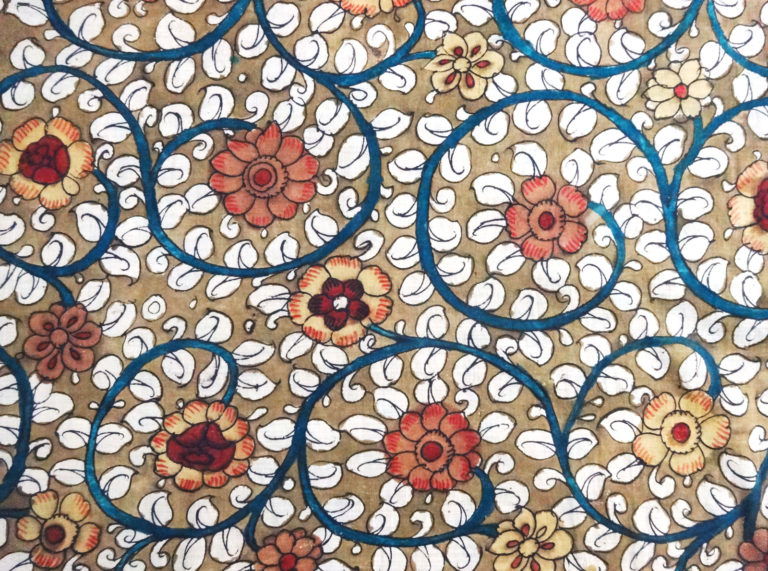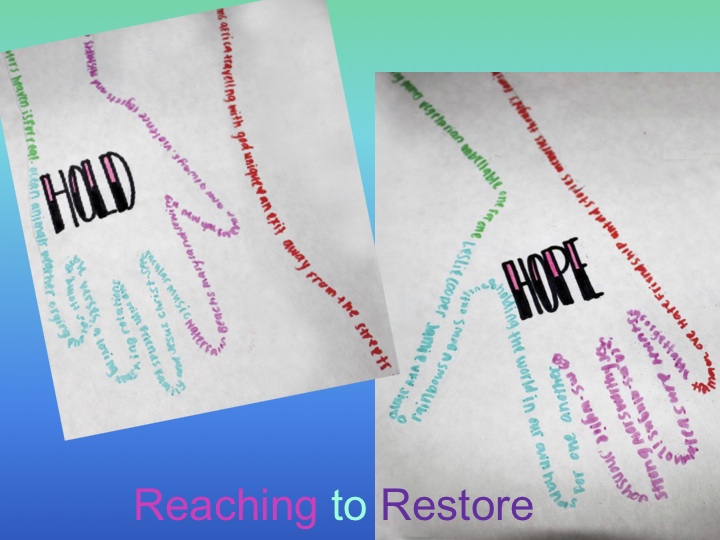This special issue explores how best to use performance to leverage justice for victims of trafficking, child soldiers, illegal immigrants, the poor, and others who lack recognition and protection within the legal and social apparati of national governments and some non-governmental organizations (NGOs). This focus has emerged from a two-year research project on “Gendered Citizenship: Manifestations and Performance” between scholars in theatre and performance in collaboration with politics colleagues at University of Warwick, UK and Jawaharlal Nehru University, Delhi.
Articles by Janelle Reinelt
Janelle Reinelt is Emeritus Professor of Theatre and Performance at University of Warwick. Her recent books include The Grammar of Politics and Performance, edited with Shirin Rai (2014), and The Political Theatre of David Edgar: Negotiation and Retrieval (2011) with Gerald Hewitt. She was President of the International Federation for Theatre Research from 2004-2007, and received the Distinguished Scholar Award from the American Society for Theatre Research in 2010. She has been co-PI with Bishnupriya Dutt on the Gendered Citizenship: Manifestations and Performance research project.
Coerced Performances? Trafficking, Sex Work, and Consent
Since the millennium, there has been a growing global awareness about the business of human trafficking as it has exponentially expanded in relation to the neoliberal economic climate, the vast displacement of people through wars and conflict, and the growth of tourism and e-commerce. Because theatre and performance studies work through an epistemology of embodied…
Challenges of Praxis: ARM of Care and Kolkata Sanved
As part of our Gendered Citizenship project, we partnered or collaborated with several NGOs and theatre companies whose work is on the front lines of supporting survivors of poverty, violence, statelessness, and homelessness. We have listed these organizations and their websites in our “Further Resources” list at the end of this section. Here we share the “best practices” of two NGOs that work with survivors: one young and community-based (ARM of Care), growing quickly from a grass roots start; the other (Kolkata Sanved) engaged for twenty years to develop a substantial international reputation.


